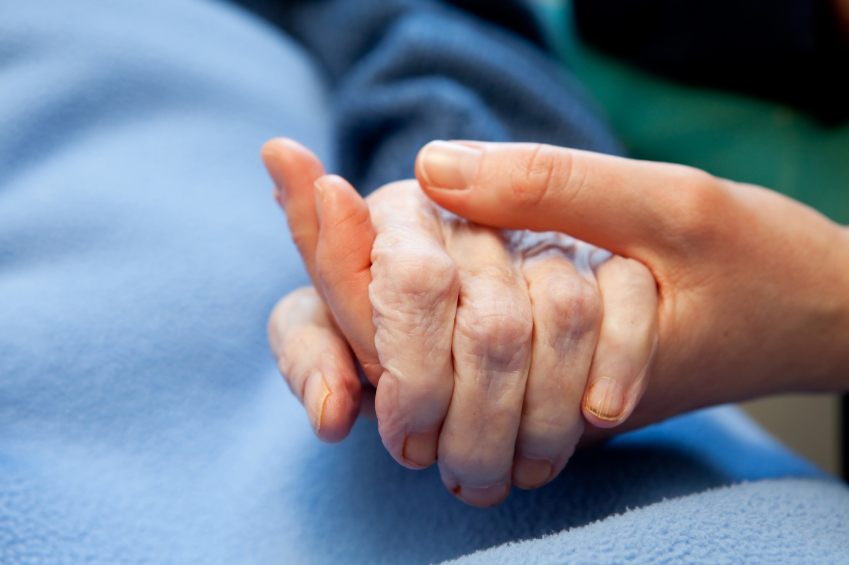The Fédération des Médecins Suisses (FMH) (Swiss Medical Federation) objects to new assisted suicide guidance. In May 2018, the Swiss Academy of Medical Sciences (SAMS) published new directives concerning access to assisted suicide. These new directives dispensed with the mandatory requirement that patients had to be close to death, replacing this obligation by the “unbearable suffering” criterion (see In Switzerland, criteria for assisted suicide expanded to “unbearable suffering” ).
As a general rule, when SAMS publishes new directives, the FMH systematically includes them in the code of medical ethics. But this time doctors have expressed their “uneasiness” about these directives (see Expanding conditions for assisted suicide in Switzerland: doctors call for new directives to be rejected).
The Federation, which has 40,000 members, has clearly voiced its “staunch” refusal to accept these directives on the grounds of the unbearable suffering criterion which “cannot be measured or quantified”. The FMH goes on to say that “this wording refers to a legally vague concept which gives the medical profession considerable cause for concern”. Michel Matter, vice president of FMH explains that it is a vote “in favour of better protection for the most vulnerable”. According to Bertrand Kiefer, doctor and editor-in-chief of Revue Médicale Suisse, it is a blatant refusal to accept assisted suicide “outside the end-of-life context”. Swiss doctors are particularly concerned about “paving the way to assisted suicide for patients with psychiatric problems or the elderly who are fed up of living”, fearing that this new form of medicine is “at odds with a preventive approach”.
The refusal of the FMH will probably not hold the Swiss euthanasia associations in check: “A handful of doctors will continue to work with assisted suicide organisations that do not follow the code of ethics and accept patients who are not dying”, explains Bertrand Kiefer.
Le Temps, Céline Zünd (25/10/2018)

